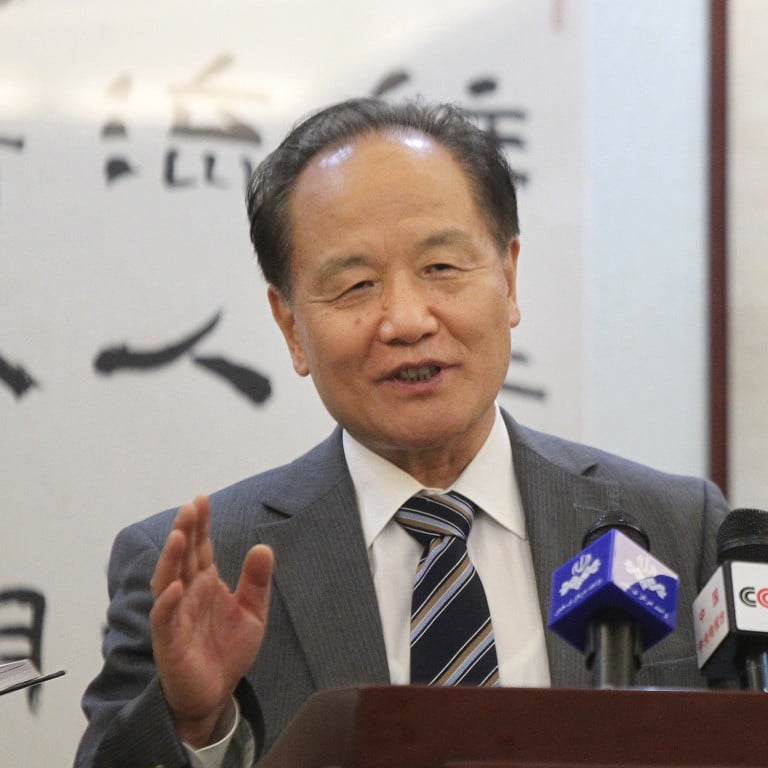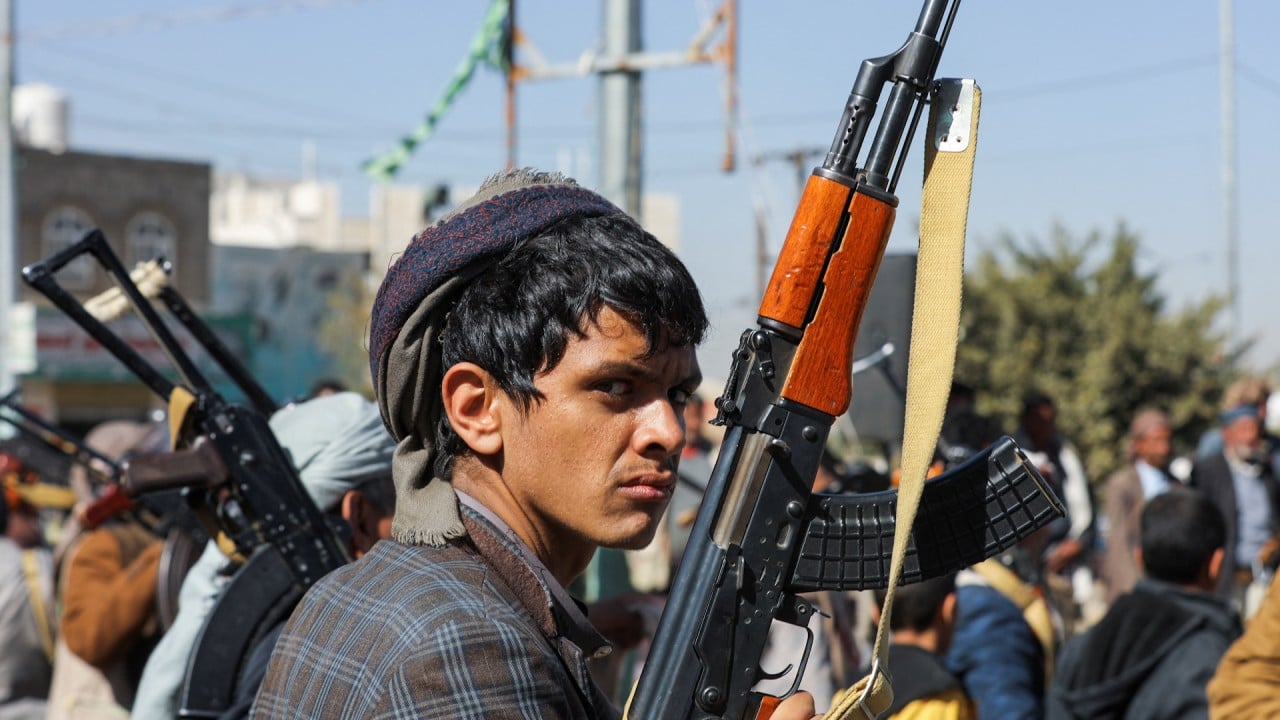
Israel-Gaza war: China should boost Middle East ties to push peace process, tackle ‘great power’ rivalry, ex-envoy says
- Wu Sike, special envoy for the Middle East from 2009 to 2014, says China can bank on ‘long-standing’ friendly ties as strategic support in the region
- China must ‘elaborately strategise’ in advancing peace process as Israel-Hamas conflict poses threat to regional security, Wu tells forum in Beijing
Wu Sike, Beijing’s special envoy for Middle East affairs from 2009 to 2014, said spillovers of the armed conflict between Israel and Hamas were posing a serious threat to regional security.
Strengthening China’s “long-standing friendly relationships” with Middle Eastern nations at this point in time would also help it to tackle the “great power” rivalries over the resource-rich region, Wu told a forum in Beijing on Monday.
The Middle East had always been a hotly contested spot for big power influence due to its “unique strategic location and resource endowment”, Wu said in a virtual address to the event organised by the Chongyang Insititute for Financial Studies think tank at Renmin University.
“The Middle East can be a strategic support for China to cope with the game of great powers and [that] is where we have strategic partners for our national rejuvenation,” he said, referring to a catchphrase frequently used by Beijing.
“We need to elaborately strategise [in the region] and actively participate in advancing the peace process in the Middle East.”
Wu’s comments come as Israel’s military assault in and around the Gaza Strip continues in retaliation for a deadly cross-border raid on October 7 by the Palestinian militant group Hamas, which controlled the area.
There are growing fears that the war could widen into a wider conflict and worsen the humanitarian disaster for Palestinians, as more countries and militia groups in the region target each other over the Israeli response.
Meanwhile, the United States – a steadfast supporter of Israel – has ramped up its military presence in the neighbourhood.
Chinese FM Wang Yi opens Africa tour with jab at US-led strikes on Houthi
US forces launched military strikes on 85 targets in Iraq and Syria on Friday in response to the assault.
The US, Britain and six other allies on Saturday also announced that they had hit 36 Houthi targets in Yemen, in a fresh round of air strikes to deter the Iran-backed Yemeni rebels from continuing to attack cargo ships transiting the Red Sea.
The crisis in the key global trade gateway leading to the Suez Canal has also affected China, with freight costs to Europe soaring as shipping companies choose longer routes around Africa.
This is weighing on export growth for the world’s No 2 economy, pushing Chinese companies to seek emergency plans to fortify supply chains before the Lunar New Year break this month.
Chinese foreign vice-minister Deng Li met his Yemeni counterpart Mansour Ali Saeed Bajash in Beijing last Tuesday, when he asserted China’s support for Yemen’s legitimate government, sovereignty and territorial integrity.
Bajash said Yemen expected China to “play a greater role in promoting peace and stability in the Middle East”, according to the Chinese readout of the meeting.
The Chinese foreign ministry last week reiterated Beijing’s call for a peaceful solution.
Red Sea risks spur oil buyers to go local as they balance security and profits
The Middle East is a critical component of China’s Belt and Road Initiative, a multinational infrastructure and trade plan.
Beijing’s interest in the region also goes beyond the merely commercial, especially as geopolitical tensions increase with rival power Washington.
It appears to be pursuing a bigger role in the region as US influence wanes, most notably by brokering a diplomatic rapprochement between long-time enemies Saudi Arabia and Iran last year.


